Water leaks underground can be a homeowner’s worst nightmare. Not only do they lead to water wastage, but they can also cause damage to property and result in costly repairs. Identifying and fixing these leaks promptly is crucial. In this article, we will discuss some effective methods to find a water leak underground.
Signs of an Underground Water Leak
Before delving into the methods of locating underground water leaks, it’s important to be aware of the signs that may indicate their presence:
- Unexplained increases in water bills
- Wet or soggy patches in the yard, particularly when it hasn’t rained
- The sound of running water when no water is in use
- Low water pressure
If you notice any of these signs, it’s important to take action promptly to prevent further damage and conserve water.
Methods to Find Underground Water Leaks
Monitoring Water Meter
- Turn off all water sources and monitor the water meter. If the meter continues to show water usage, it could indicate a leak.
- Note that this method only confirms the presence of a leak; it doesn’t pinpoint the exact location.
Using a Listening Device
- Specialized listening devices, such as ground microphones or acoustic listening discs, can be used to listen for the sound of leaking water underground.
- This method requires a quiet environment, and it’s best performed at night when ambient noise is minimal.
Pressure Testing
- By isolating sections of the water line and pressurizing them, it’s possible to identify the specific section of the line where the leak is occurring.
- This method may require professional assistance and specialized equipment.
Infrared Technology
Infrared cameras can detect temperature variations caused by leaking water underground. This method can be effective in identifying the precise location of a leak.
FAQs About How to Find a Water Leak Underground
Pinpointing an underground water leak can be achieved using various methods, including:
Listening devices: Specialized equipment like ground microphones or acoustic listening discs can be used to detect the sound of leaking water underground.
Pressure testing: By isolating sections of the water line and pressurizing them, the specific section of the line where the leak is occurring can be identified.
Infrared technology: Infrared cameras can detect temperature variations caused by leaking water underground, aiding in pinpointing the precise location of a leak.
Ground Penetrating Radar (GPR): GPR uses radar pulses to image the subsurface, helping to locate underground pipes and potential areas of water leakage.
Yes, there are several tools designed to detect water leaks, including:
Listening devices: Ground microphones, acoustic listening discs, and other specialized equipment can be used to listen for the sound of leaking water underground.
Infrared cameras: These cameras can detect temperature variations caused by leaking water, aiding in the detection of water leaks.
You can tell where a water leak is coming from by employing various methods:
Listening devices: Using ground microphones or acoustic listening discs to listen for the sound of leaking water underground.
Infrared technology: Infrared cameras can detect temperature variations caused by leaking water underground, aiding in pinpointing the precise location of a leak.
The most common water leak in a house often occurs in the following areas:
Bathroom: Leaking toilets, faucets, and showerheads are common sources of water leaks in bathrooms.
Kitchen: Leaking sink pipes and faulty refrigerator water lines can cause water leaks in the kitchen.
Basement: Leaks in basement pipes or water supply lines can lead to water seepage and damage.
Conclusion
Finding an underground water leak can be challenging, but with the right methods and tools, it’s possible to locate and resolve the issue effectively. It’s important to remember that some of these methods may require professional assistance, particularly when dealing with pressurized systems or advanced equipment.
Regular maintenance of water supply lines, prompt repairs, and vigilance in monitoring water usage are essential in preventing and addressing underground water leaks. By staying proactive, homeowners can minimize the potential damage and costs associated with underground water leaks.
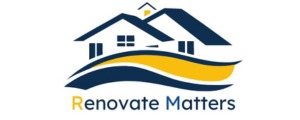



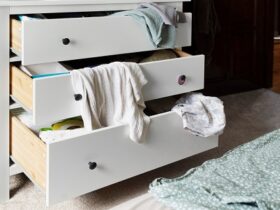

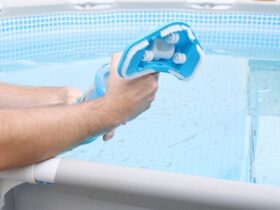

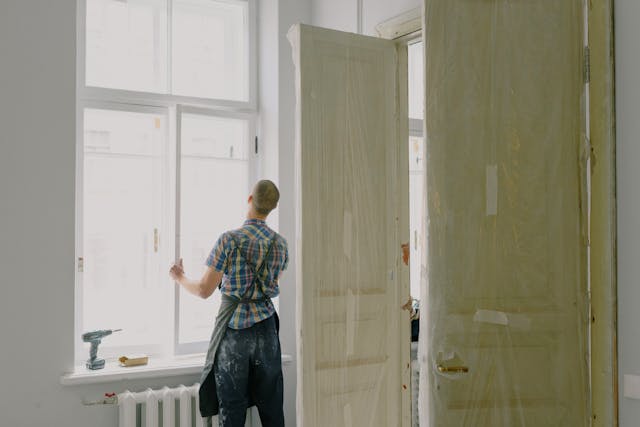
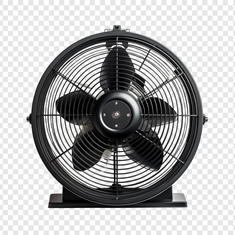
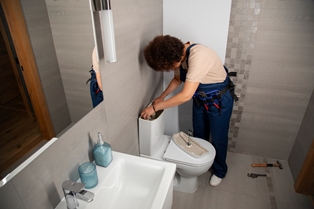
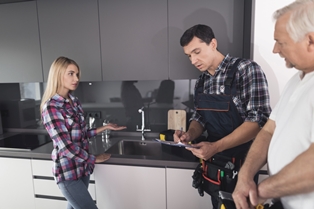
Find Us on Socials